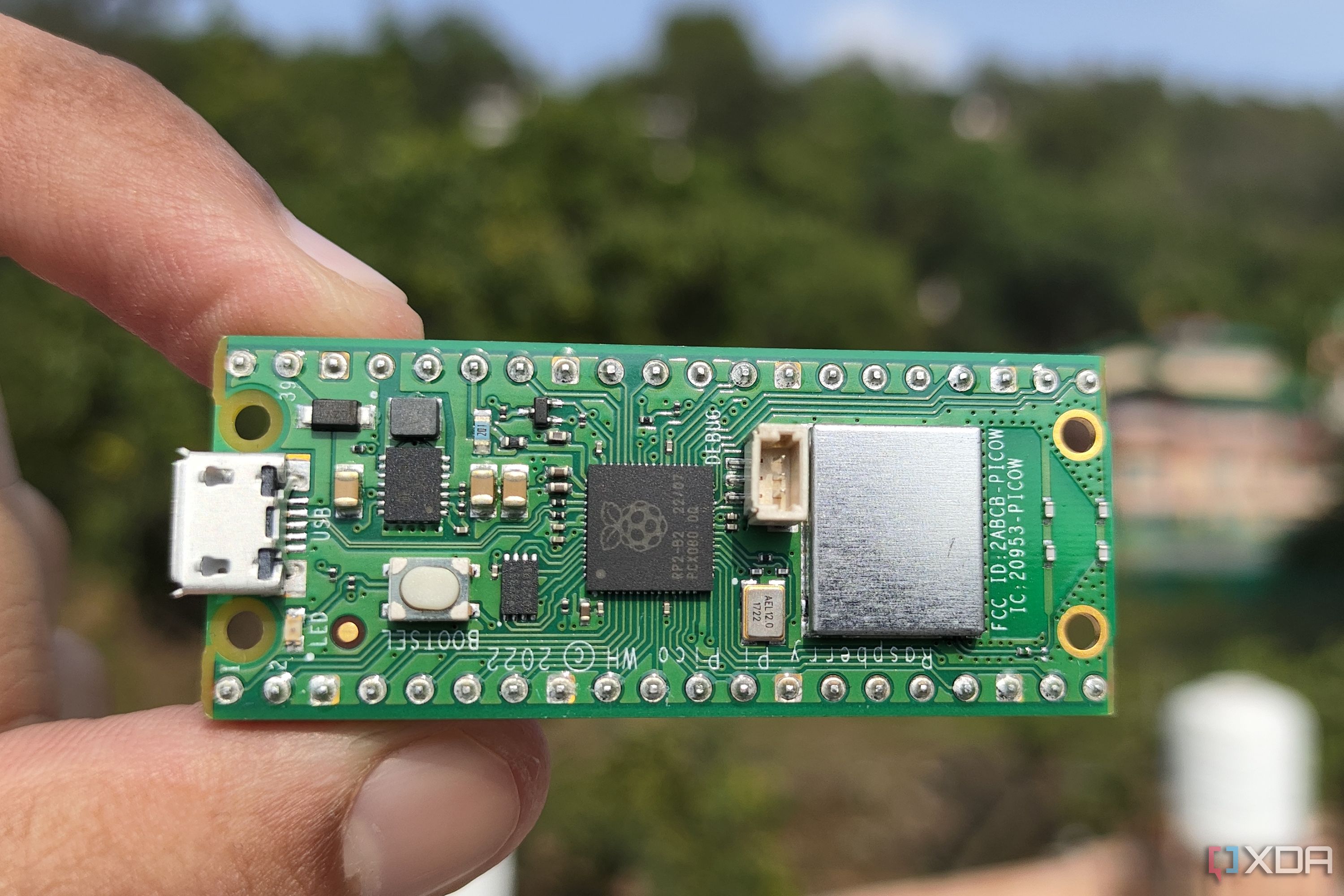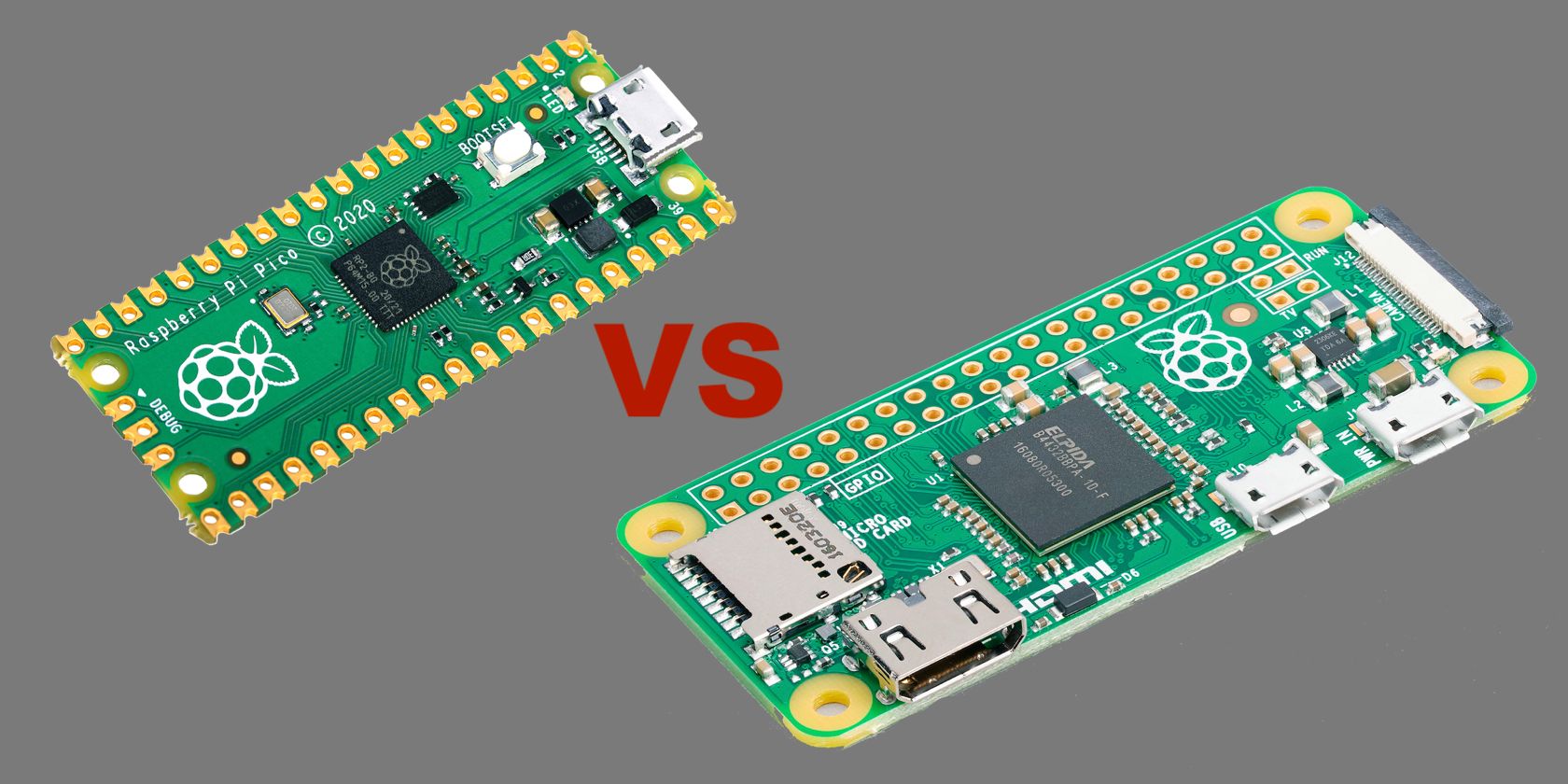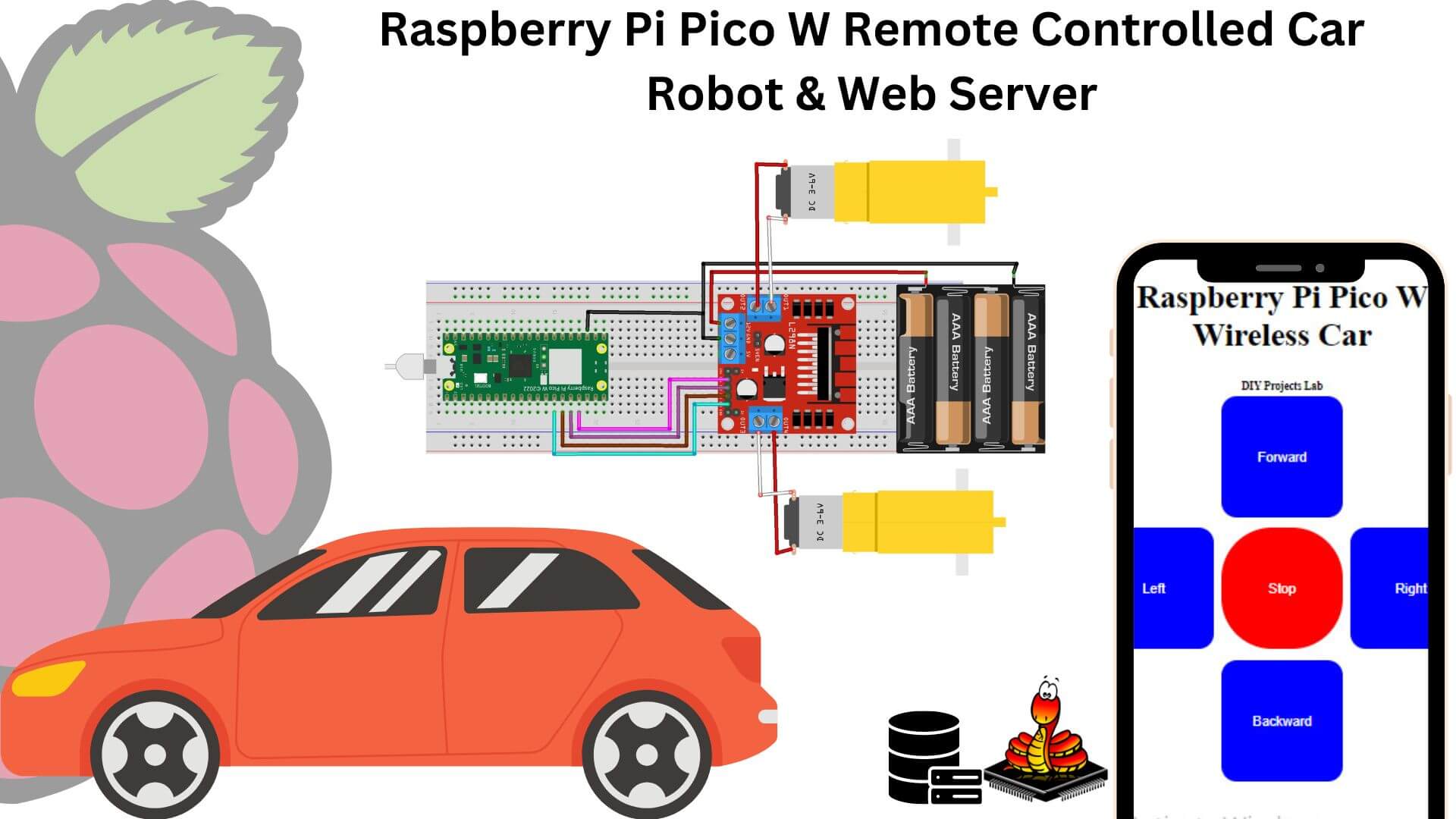RemoteIoT VPC Review: Revolutionizing Raspberry Pi Projects With Cloud-Powered Solutions
Imagine this: you're tinkering with your Raspberry Pi, ready to take your next big project to the next level. But here's the catch—you want to make it more scalable, more secure, and more efficient without losing that DIY charm. Enter RemoteIoT VPC, a game-changing solution that brings cloud power to your Raspberry Pi setup. If you're a tech enthusiast or someone who loves to tinker with IoT projects, this review is your golden ticket to understanding why RemoteIoT VPC is worth your time and investment.
Now, let's get real for a sec. The Raspberry Pi is more than just a tiny computer; it's a gateway to endless possibilities. But as your projects grow, so do your challenges. Managing resources, ensuring security, and scaling your operations can feel like climbing a mountain. That’s where RemoteIoT VPC comes into play, offering a seamless blend of cloud capabilities and Raspberry Pi magic.
In this review, we'll dive deep into what RemoteIoT VPC is, how it works, and why it could be the missing piece in your Raspberry Pi puzzle. So grab your coffee, sit back, and let's unravel the potential of this powerful tool together.
Read also:Exploring The Legacy Of North Carolina Tar Heels Mens Basketball A Journey Through Triumphs And Traditions
Table of Contents
- What is RemoteIoT VPC?
- Raspberry Pi Meets the Cloud
- Key Features and Benefits
- The Setup Process
- Performance Overview
- Security Considerations
- Cost Analysis
- User Experience
- Comparison with Alternatives
- Final Thoughts
What is RemoteIoT VPC?
Alright, let's break it down. RemoteIoT VPC, short for Virtual Private Cloud, is essentially a platform designed to bridge the gap between traditional Raspberry Pi projects and modern cloud computing. Think of it as a superpower for your Raspberry Pi, enabling you to leverage cloud resources without the hassle of managing complex infrastructure.
RemoteIoT VPC allows you to create a private cloud environment tailored specifically for your Raspberry Pi projects. This means you can host applications, manage data, and scale resources all within a secure and efficient ecosystem. Whether you're building a home automation system, a weather station, or even a smart garden, RemoteIoT VPC has got your back.
Why Should You Care?
Here’s the deal: if you're serious about taking your Raspberry Pi projects to the next level, RemoteIoT VPC offers a solution that's both powerful and user-friendly. It eliminates the need for extensive coding knowledge or advanced infrastructure setup, making it accessible to hobbyists and professionals alike.
Raspberry Pi Meets the Cloud
So, why exactly does the Raspberry Pi need the cloud? Well, let's face it—while the Raspberry Pi is an incredible piece of hardware, it has its limitations. Limited processing power, storage constraints, and networking challenges can hinder the growth of your projects. That's where the cloud steps in to save the day.
By integrating your Raspberry Pi with a cloud-based solution like RemoteIoT VPC, you gain access to virtually unlimited resources. You can offload heavy computations, store massive amounts of data, and even automate tasks—all while keeping your setup compact and energy-efficient.
Key Advantages of Cloud Integration
- Scalability: Easily scale your projects as your needs grow.
- Security: Leverage advanced security protocols to protect your data.
- Efficiency: Optimize resource usage and reduce latency.
- Flexibility: Access your projects from anywhere with an internet connection.
Key Features and Benefits
Now that we've established why RemoteIoT VPC is a game-changer, let's dive into its core features and benefits. This section will give you a clearer picture of what makes this platform stand out in the world of Raspberry Pi projects.
Read also:Philippa Northeast The Remarkable Journey Of An Inspirational Figure
Feature Spotlight
RemoteIoT VPC offers a range of features designed to enhance your Raspberry Pi experience:
- Private Cloud Environment: Create a secure and isolated space for your projects.
- Resource Management: Allocate CPU, memory, and storage resources with ease.
- Automated Backups: Never lose your progress with regular backups.
- Real-Time Monitoring: Keep an eye on your project's performance from anywhere.
Benefits Galore
Here's how RemoteIoT VPC benefits you:
- Streamlined project management
- Improved security and reliability
- Cost-effective scaling options
- Enhanced collaboration capabilities
The Setup Process
Setting up RemoteIoT VPC might sound intimidating, but trust me, it's simpler than you think. The platform is designed with user-friendliness in mind, ensuring that even beginners can get started without much hassle.
Step-by-Step Guide
Follow these steps to set up RemoteIoT VPC for your Raspberry Pi:
- Sign up for a RemoteIoT VPC account
- Download and install the necessary software on your Raspberry Pi
- Configure your VPC settings according to your project requirements
- Connect your Raspberry Pi to the cloud
- Start deploying your applications and services
Tips and Tricks
Here are a few tips to make your setup process smoother:
- Double-check your network settings to ensure a stable connection.
- Take advantage of the platform's documentation and community forums.
- Experiment with different configurations to find what works best for your project.
Performance Overview
When it comes to performance, RemoteIoT VPC delivers impressive results. Whether you're running lightweight applications or resource-heavy tasks, the platform handles them with ease. Its robust infrastructure ensures minimal latency and maximum uptime, making it ideal for mission-critical projects.
Real-World Examples
Take, for instance, a smart home automation system powered by Raspberry Pi and RemoteIoT VPC. With the cloud handling data processing and storage, the system operates seamlessly, responding to user commands in real-time. Another example is a weather monitoring station that collects and analyzes vast amounts of data, all managed effortlessly through the platform.
Security Considerations
Security is a top priority when it comes to cloud-based solutions, and RemoteIoT VPC doesn't disappoint. The platform employs state-of-the-art encryption protocols and access controls to safeguard your data. Additionally, regular security updates and audits ensure that your projects remain protected against potential threats.
Best Practices
Here are some best practices to enhance your security:
- Use strong passwords and enable two-factor authentication.
- Regularly update your software and firmware.
- Limit access to your VPC environment to trusted users only.
Cost Analysis
One of the most common concerns about cloud solutions is cost. Fortunately, RemoteIoT VPC offers flexible pricing plans that cater to different budgets and project requirements. Whether you're a hobbyist working on a small-scale project or a professional managing large-scale deployments, there's a plan that fits your needs.
Comparison with Traditional Solutions
Compared to traditional on-premise solutions, RemoteIoT VPC often proves to be more cost-effective. The elimination of hardware maintenance costs, coupled with pay-as-you-go pricing models, makes it an attractive option for many users.
User Experience
RemoteIoT VPC excels in providing a seamless user experience. Its intuitive interface and comprehensive documentation make it easy for users to navigate and utilize its features. Moreover, the platform's active community and responsive support team ensure that help is always just a click away.
User Feedback
Many users have praised RemoteIoT VPC for its ease of use and reliability. Testimonials highlight how the platform has transformed their Raspberry Pi projects, enabling them to achieve things they once thought impossible.
Comparison with Alternatives
While there are other cloud solutions available for Raspberry Pi projects, RemoteIoT VPC stands out due to its specialized focus on IoT and edge computing. Unlike generic cloud platforms, it offers tailored features and optimizations that cater specifically to Raspberry Pi users.
Why Choose RemoteIoT VPC?
- Specialized IoT focus
- User-friendly interface
- Comprehensive support
- Competitive pricing
Final Thoughts
In conclusion, RemoteIoT VPC is a remarkable solution for anyone looking to elevate their Raspberry Pi projects. Its combination of power, flexibility, and ease of use makes it a top contender in the world of IoT and cloud computing. Whether you're a seasoned pro or a curious beginner, RemoteIoT VPC has something to offer you.
So, what are you waiting for? Dive into the world of cloud-powered Raspberry Pi projects and discover the endless possibilities that await. And don't forget to share your thoughts and experiences in the comments below!


